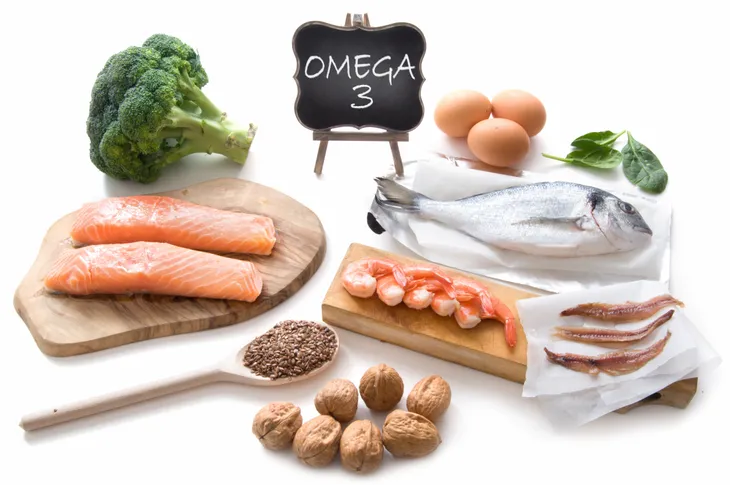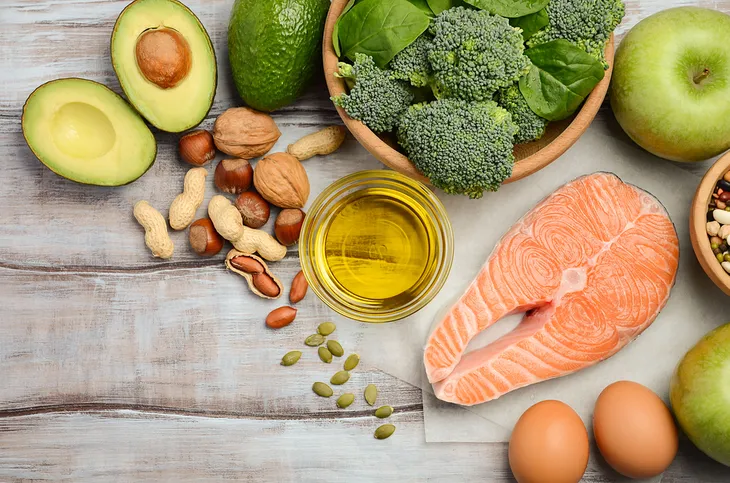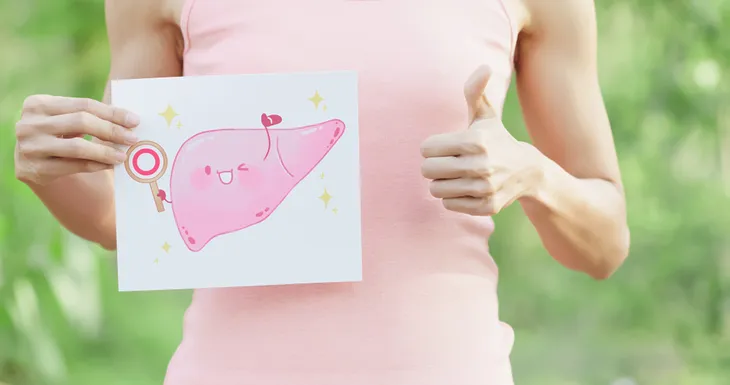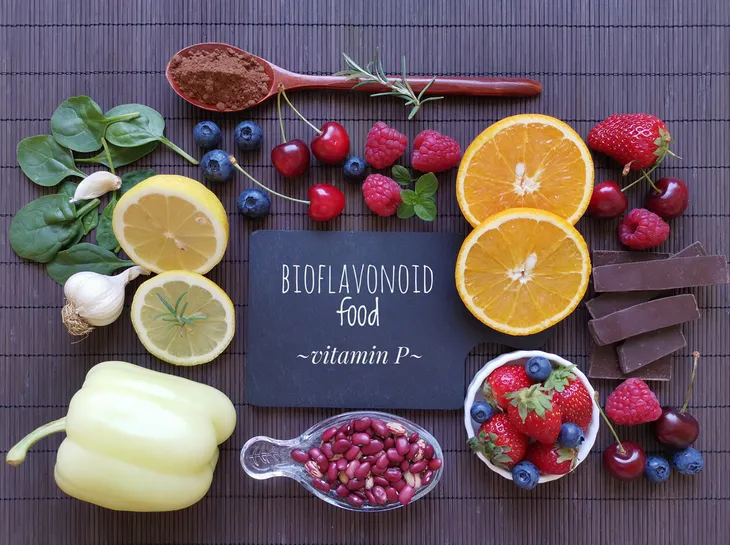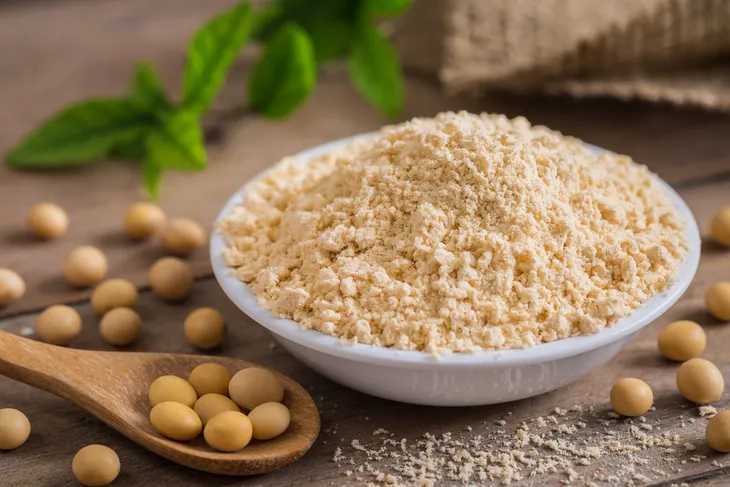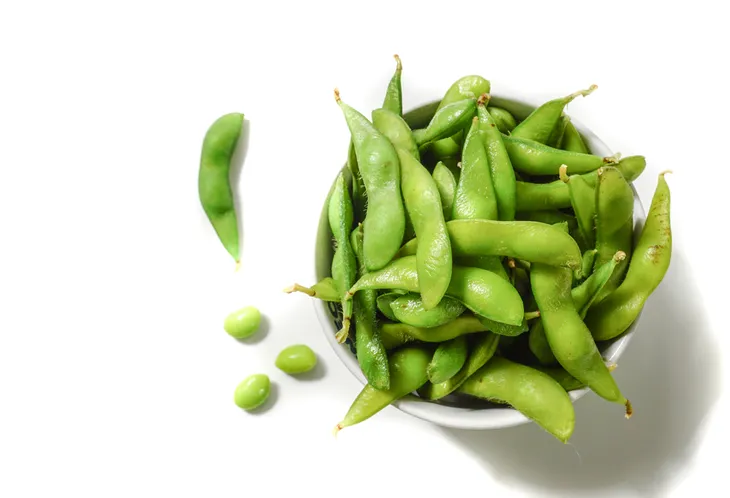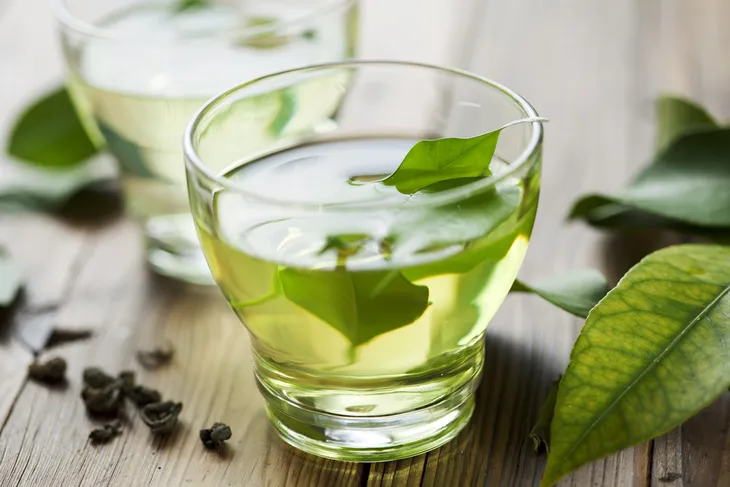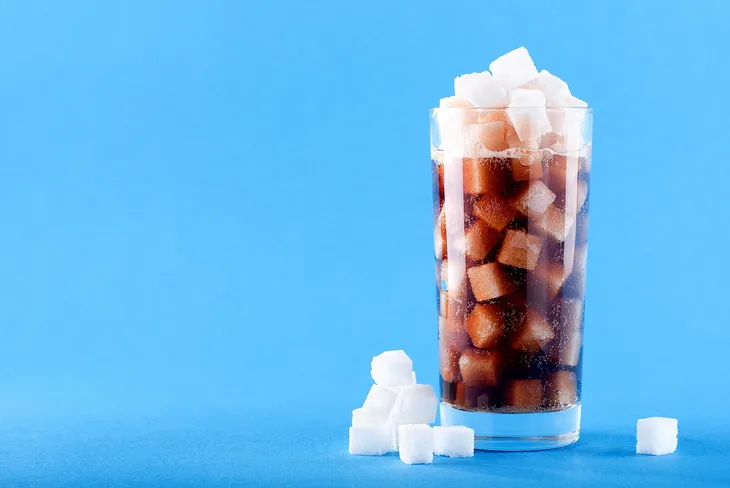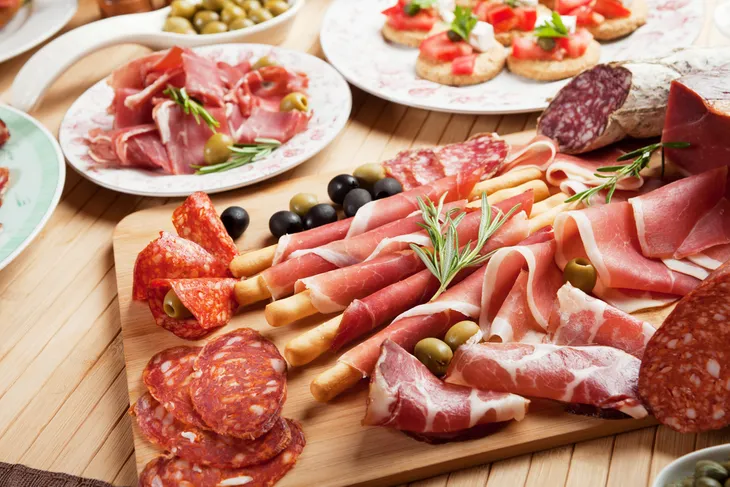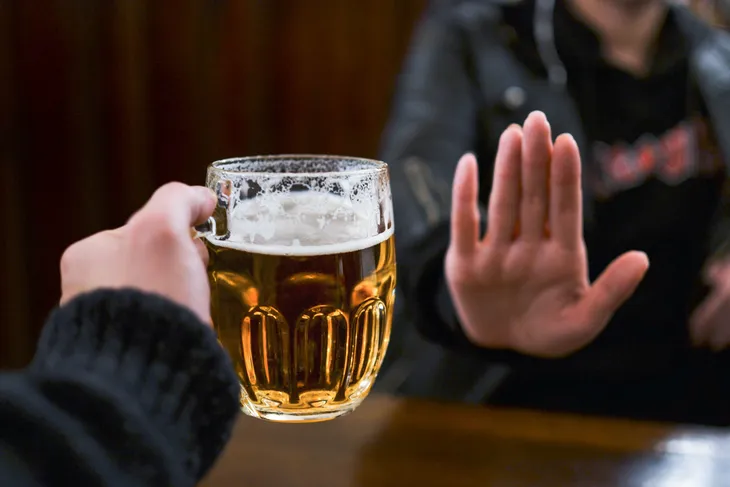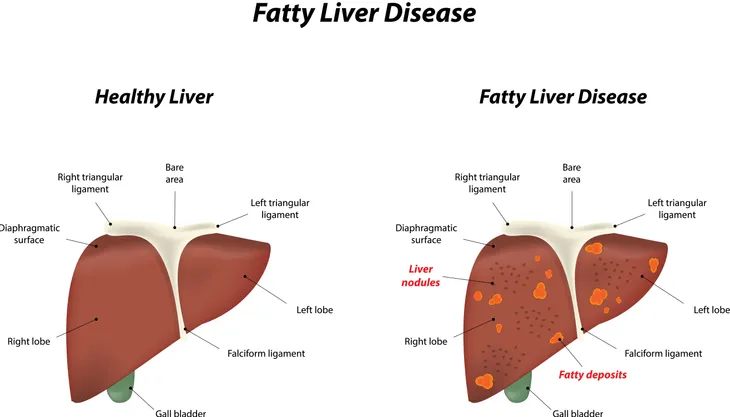Something that affects an estimated one in four people in the U.S. is fatty liver disease. It’s a disease that has multiple stages of severity. If left untreated, it can develop into life-threatening stages including cirrhosis, liver failure, and liver cancer. Unfortunately, many people don’t often know they have it.
The good news is if you’re still in the early stages of fatty liver disease, you can undo the damage. Your diet is the best way to get your liver health back on track. Certain foods have proactive ingredients that can help your liver lose fat and improve your overall well-being. Here’s what you can eat to help reverse fatty liver disease!
Omega-3 Fatty Acids
To reverse fatty liver disease, you’ll need to implement a daily dose of omega-3 in your diet. While it’s widely used for its anti-inflammatory effects, research shows this fatty acid can also benefit the liver.
An article from the University Hospital Southampton explains how people with high levels of omega-3 fatty acid in their blood saw the greatest reductions in fat liver content. A study had these patients take an omega-3 supplement called Omacor. Many patients had improved liver insulin sensitivity, liver fat metabolism, and overall function after taking it daily for 15 to 18-months.
Foods With Omega-3
Since your body cannot produce omega-3, it’s important to eat foods that are rich in this fatty acid. You can also take omega-3 supplements if you’re not getting enough through your diet. They are available in liquid, capsule, and pill form.
The following foods are loaded with omega-3 fatty acids:
- Fish (such as mackerel, salmon, seabass, shrimp, etc)
- Chia, hemp, and flax seeds
- Walnuts
- Edamame
- Kidney beans
- Seaweed and algae
Flavonoids
Flavonoids are various compounds that can help your body regulate cell activity and protect your body from toxins and stressors. Healthline says it’s also an antioxidant agent that fights off potentially harmful molecules and helps manage symptoms of inflammation.
Not only that, but it has positive health effects on the liver. According to The Beet, research suggests a higher flavonoid intake is associated with a lower likelihood of fatty liver disease.
Foods With Flavonoids
You can nourish your body with flavonoids by eating lots of fruits and vegetables. It’s also found in some tasty indulgences like red wine and dark chocolate. Some excellent sources of flavonoids include:
- Berries
- Red cabbage
- Onions
- Kale
- Parsley
- Citrus fruits
- Red wine
- Dark chocolate
Soy Protein
Another thing that can improve your liver health is soy protein. ScienceDaily reports that it could significantly reduce triglycerides and fat accumulation in the liver. A study was conducted on obese rats for 17-weeks, resulting in a whopping 20-percent reduction of fat.
This research suggests that soy protein can alleviate stress on a fatty liver, particularly in obese patients. And with less fat on the liver, the less strain it’s under to function properly.
Foods With Soy Protein
It’s easy to add soy protein to your diet. You can easily opt for soy alternatives to common foods such as milk, butter, burgers, and more. Here are some soy protein food options to try out:
- Water-packed tofu
- White, black, and green soybeans
- Tempeh
- Edamame
- Soy nuts
- Rehydrated textured vegetable protein
- Soy nut butter
Beverages for Fatty Liver Disease
Although water is your best friend when it comes to your body, some other beverages have been linked to good liver health. One of those drinks is coffee. Cleveland Clinic says it can lower the odds of developing cirrhosis for people who already have non-alcoholic fatty liver disease (NAFLD).
It’s recommended that you drink anywhere from 4 to 6-cups each day if you can tolerate it. Make sure it’s regular coffee (not decaffeinated) and that you go easy on the milk and sugar. Once you’ve recovered, continue drinking some coffee daily to lower your risk of developing the disease again.
Green Tea
If you’re not much of a coffee person, then perhaps you’ll be more motivated to drink green tea. This natural remedy can help interfere with fat absorption. Although, there’s still research being done to confirm whether it can reduce the liver’s fat storage and improve liver function.
Healthline says that although these results aren’t conclusive, the drink is proven to have other benefits. Two examples include lowering cholesterol and helping with sleep.
Limit Sugary Foods and Drinks
Now that we know what foods are good for your liver, it’s time to review what should be off-limits. Abstain from sugary foods and drinks as much as you can while recovering from fatty liver disease.
According to Medical News Today, even a modest amount can negatively impact the liver. Sugar can potentially double the production of fat in the liver. To prevent making your condition worse, limit your sugar intake and continue those limits even after recovery.
Avoid Processed Meat and Red Meats
Those who eat processed meat and red meats have a higher chance of developing a fatty liver. So when you’re trying to recover from this disease, you’ll want to skip these types of food altogether. WebMD says you can still eat meat, just avoid the bad ones.
Opt for lean white meats such as chicken or turkey. Better yet, choose fish instead. The omega-3s will help your body on the road to recovery. Once you’ve recovered, eat no more than two servings of red meat and one serving of processed meat per week.
Avoid Alcohol
Alcohol happens to be one of the most common causes of acute and chronic liver disease. Alcohol.org also reports that alcohol is a major factor in up to 50-percent of end-stage liver disease cases in Western countries.
If you’re a frequent drinker, then you’ll need to abstain from alcohol completely until your fatty liver recovers. You will also need to manage your drinking habits after recovery. This means you’ll need to stop binge drinking and limit your alcohol intake instead.
Other Ways to Reverse Fatty Liver Disease
Aside from changing your diet, you can make other lifestyle changes to prevent fatty liver disease from getting worse. One way to do that is by getting daily exercise.
According to Healthline, adults with NAFLD saw a 10-percent decrease in liver fat during a 1-month study after exercising 30 to 60-minutes for 5-days a week. High-intensity interval training (HIIT) is a great way to get moving and decrease fat in your liver.
Maintaining a healthy weight is another important factor. Healthline also explains how weight loss also promotes the loss of liver fat. It can be achieved through dietary changes or a combination with weight loss surgery or exercise.
Reverse Fatty Liver Disease Before It’s Too Late
Although fatty liver disease can be reversed in the early stages, the disease can progress to incurable stages if left untreated. Many people aren’t even aware they are living with fatty liver disease. Unfortunately, symptoms often don’t show until the disease progresses to liver cirrhosis.
Cleveland Clinic says those who experience symptoms may have:
- Abdominal pain or feeling of fullness in the upper right side of the abdomen.
- Nausea, loss of appetite, or weight loss.
- Yellowish skin and whites of the eyes
- Swollen abdomen and legs
- Extreme tiredness or mental confusion
- Weakness
If you’re experiencing these symptoms, it’s time to see your doctor. Ask for advice on ways to improve your food habits and/or request to speak with a dietician to help with discussing appropriate diet options. It can hopefully reverse the effects and help you achieve a healthier lifestyle.

